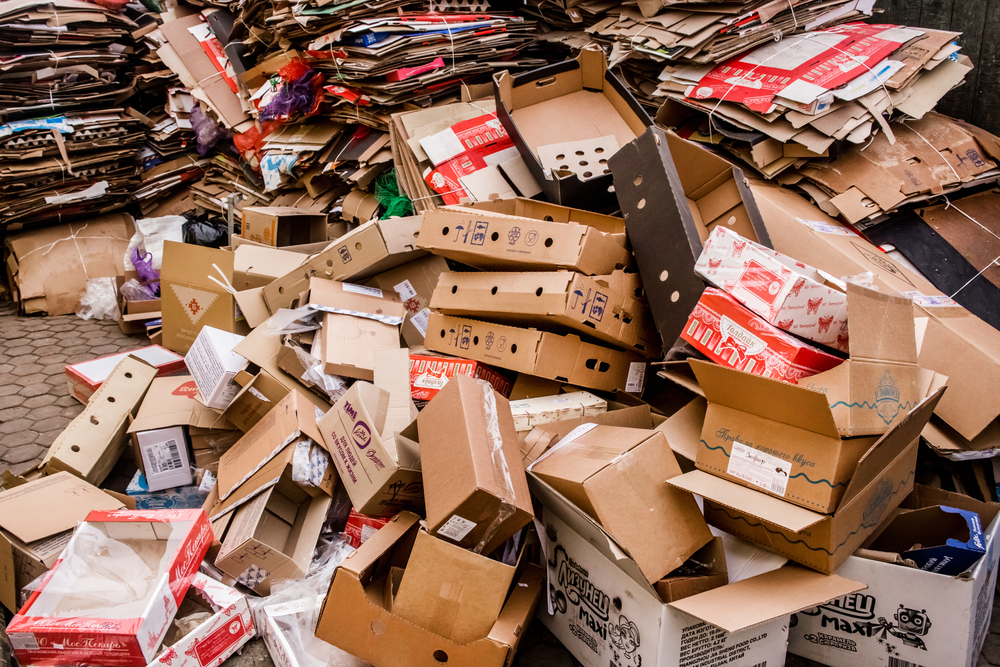While the most common environmental concern regarding carbon dioxide has to do with its greenhouse effects in the atmosphere, a lot of it actually ends up in our oceans, making them more acidic. In a bid to find a solution to this problem, researchers have recently developed “nanojars” that can easily capture this and other pollutants from water.
As explained by New Atlas, the nanojars are essentially molecules consisting of a copper ion, a pyrazole group, and a hydroxide in repeating units, suspended in an organic solvent. When they come in contact with -2-charged ions commonly found in major pollutants like chromate, arsenate, phosphate, and carbonate, the molecules will neutralize the target by wrapping around them.
“We’ve shown that we can extract chromate and arsenate to below US Environmental Protection Agency-permitted levels for drinking water – really, really low levels,” says Gellert Mezei, a scientist on the project.
Once they have done their job, the nanojars can be taken out of the water easily, since the solvent floats on top of the liquid, forming a layer on the surface. Lastly, once the nanojar solvent is pulled out of the water, the trapped ions can be removed without the hassle by using a weak acid. These ions can then be disposed of safely or recycled into useful products.
Study source: American Chemical Society — ‘Nanojars’ capture dissolved carbon dioxide, toxic ions from water












